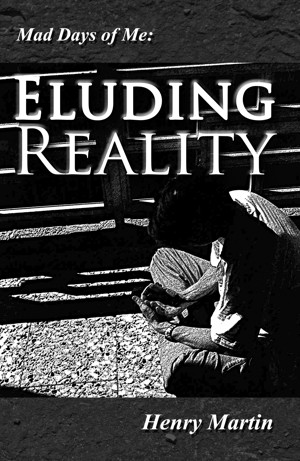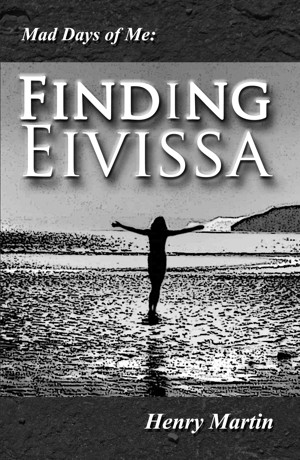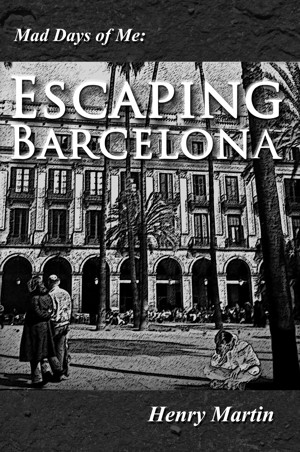Share with Friends
Interview with Henry Martin
Published 2013-08-30.
Smashwords Interviews are created by the profiled author or publisher.
Books by This Author
Mad Days of Me: Eluding Reality
by Henry Martin
Series: Mad Days of Me, Book 3.
Price:
$3.99 USD.
Words: 119,870.
Language:
English.
Published: September 9, 2013
.
Categories:
Fiction » Literature » Literary, Fiction » Literature » Plays & Screenplays
Inevitably separated from the woman who brought hope back to his life, Rudy leaves for France to seek seasonal employment. This simple journey, however, soon becomes a quest for self-discovery, which takes him through France, Italy, and Austria before he is able to return to Spain.
Mad Days of Me: Finding Eivissa
by Henry Martin
Series: Mad Days of Me, Book 2.
Price:
$2.99 USD.
Words: 93,820.
Language:
English.
Published: August 29, 2013
.
Categories:
Fiction » Literature » Literary, Fiction » Literature » Plays & Screenplays
Astray on an unfamiliar island following his unconventional escape from Barcelona, without shelter and abandoned by his companions, an unlikely relationship becomes Rudy's only hope to settle down. Plunged into a world of uncontested authority, former lovers, and a past as perverted as his own, struggling to reconcile with his own mistakes, hope proves to be exhausting to hold on to.
Mad Days of Me: Escaping Barcelona
by Henry Martin
Series: Mad Days of Me, Book 1.
Price:
$0.99 USD.
Words: 74,810.
Language:
English.
Published: November 13, 2012
.
Categories:
Fiction » Literature » Literary, Fiction » Coming of age
(4.00 from 1 review)
Having left behind his childhood town full of dead-end jobs and bleak prospects for a future, Rudy, a nineteen-year old runaway, arrives in Barcelona.
Two days later, he finds himself outside a subway station half-naked and robbed of all his possessions.
Unconditionally realistic, Mad Days of Me: Escaping Barcelona, is a story of anguish, dignity, madness, and redemption. A story of humanity.



